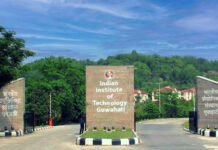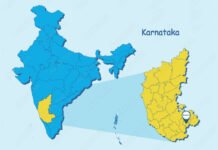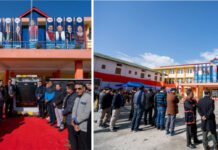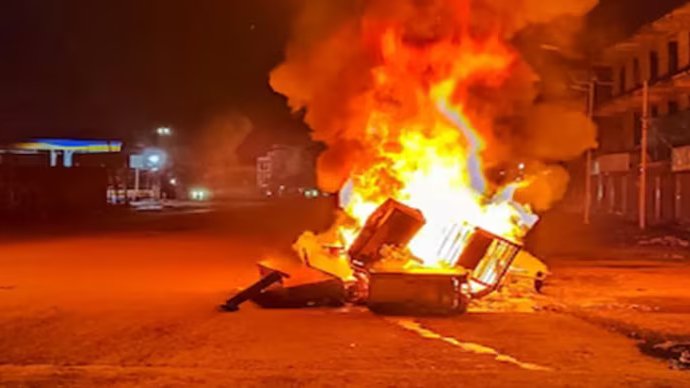In a significant development for the fragile peace in Manipur, a new and pivotal accord has been formalized in New Delhi, extending a truce and, for the first time, explicitly enshrining a commitment to the state’s unity. This landmark agreement, signed by representatives of the Indian government, the Manipur state administration, and key Kuki-Zo armed groups, marks a crucial step in a long and complex peace process aimed at resolving deep-seated ethnic and political tensions.
The pact, formally known as a Suspension of Operations (SoO) agreement, has been a cornerstone of de-escalation for years. However, this latest iteration introduces a critical new provision. It contains an explicit clause that guarantees the preservation of Manipur’s territorial integrity. This addition is seen as a direct response to the recent cycles of violence and the demands from various communities to protect the state’s geographical and political boundaries.
For a region long plagued by ethnic strife and conflicting aspirations, the new agreement is a beacon of hope. For decades, the peace process with the Kuki-Zo groups has progressed incrementally, but the recent unrest has underscored the urgent need for a more comprehensive and reassuring framework. By including a clear commitment to state integrity, the central and state governments are sending a powerful message of reassurance to all communities that their concerns are being heard and that a peaceful resolution will not come at the cost of the state’s foundational unity.
The path ahead remains challenging, and this accord is but one milestone. However, it represents a mutual willingness to engage in dialogue and find common ground on the most sensitive of issues. While the immediate objective is to maintain a ceasefire and foster trust, the long-term goal is to build a lasting peace that addresses the aspirations of all communities within the framework of a single, unified Manipur. The success of this new pact will be measured not just by the absence of conflict, but by its ability to lay the groundwork for a more inclusive and stable future for everyone in the region.

























